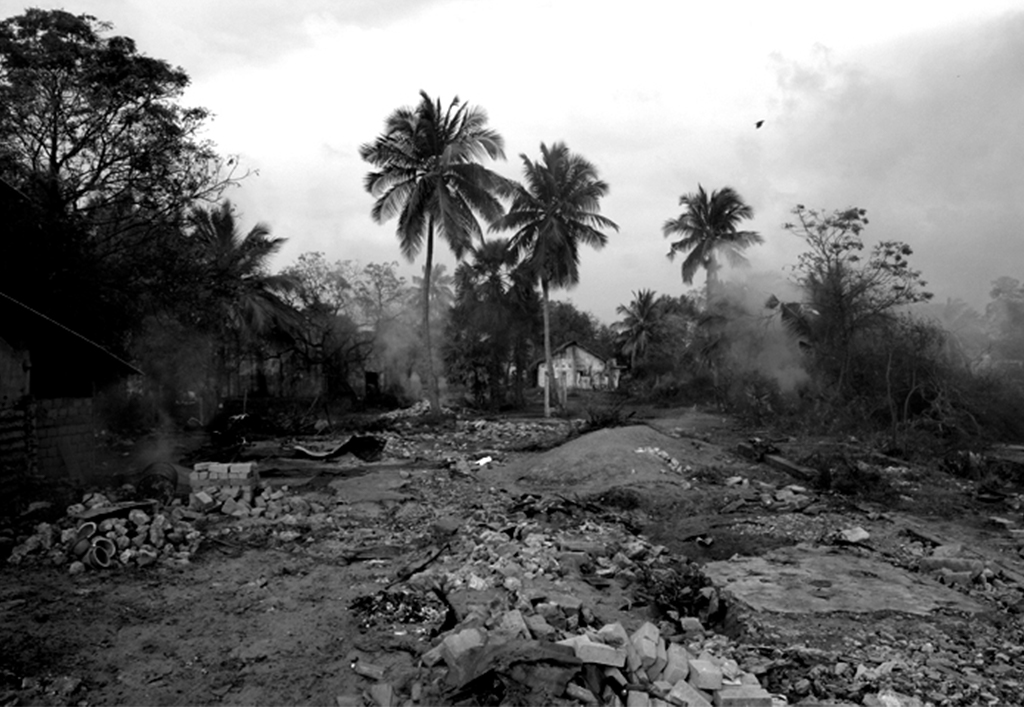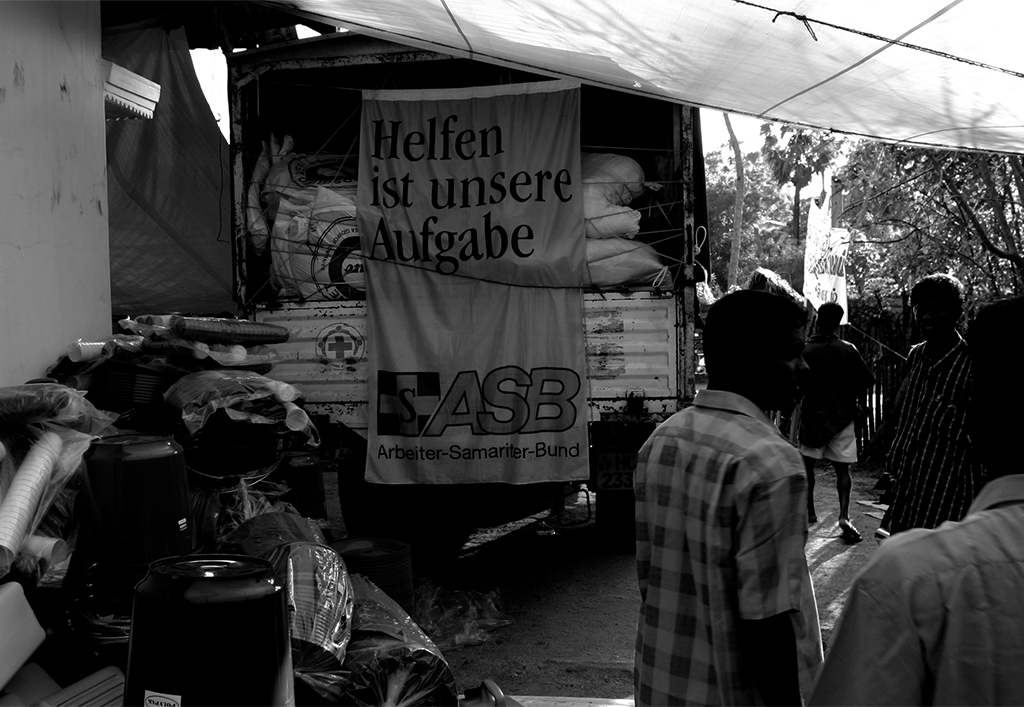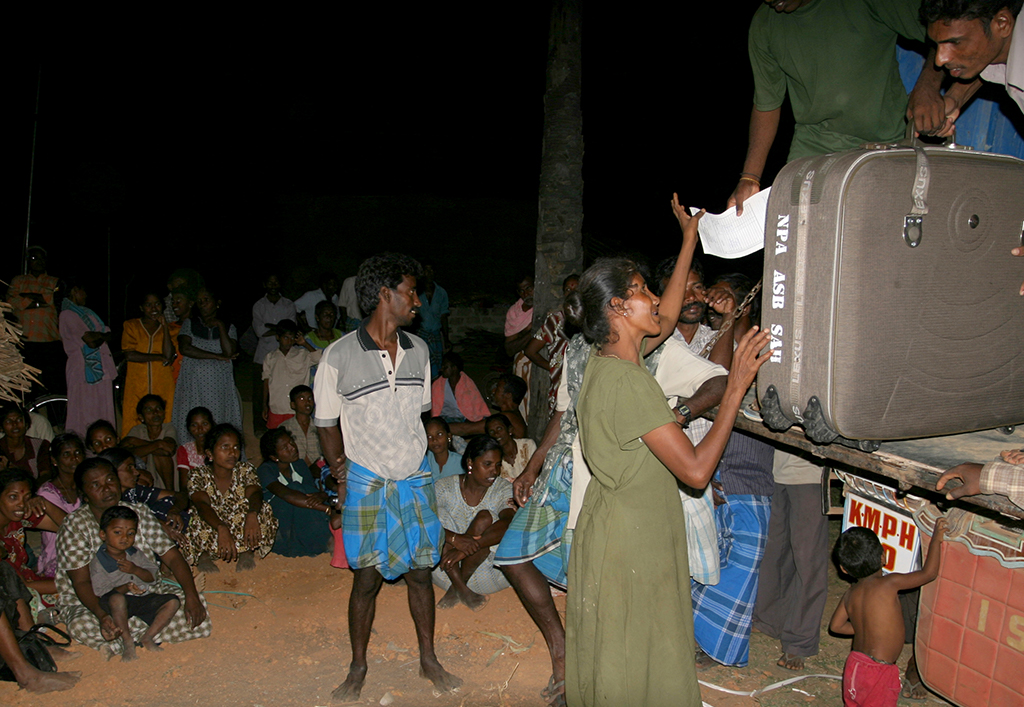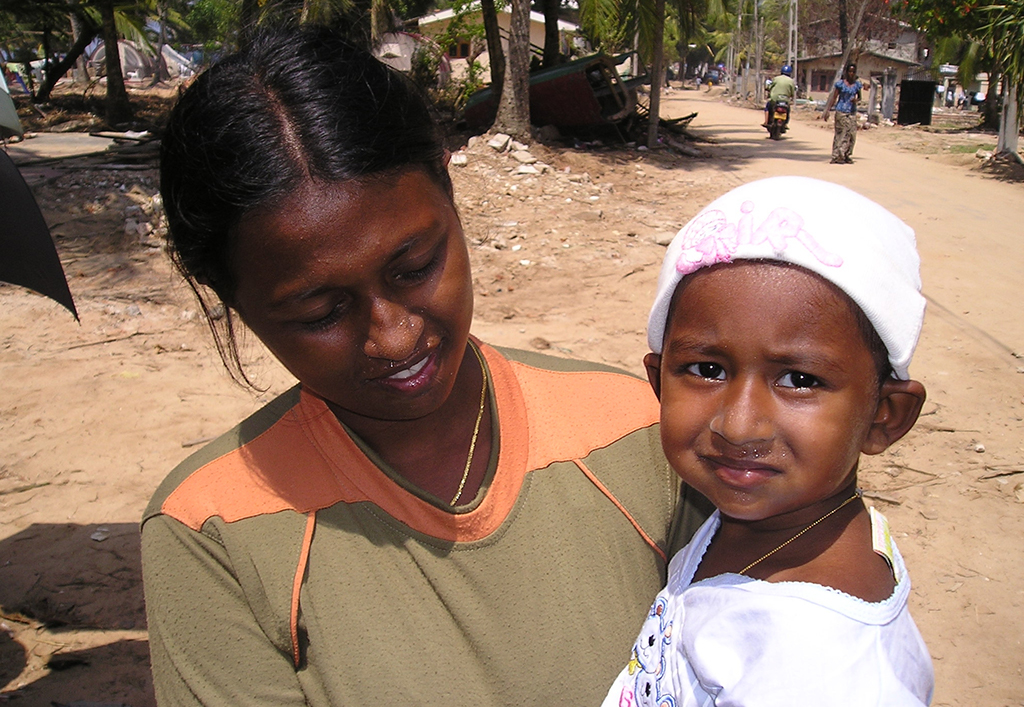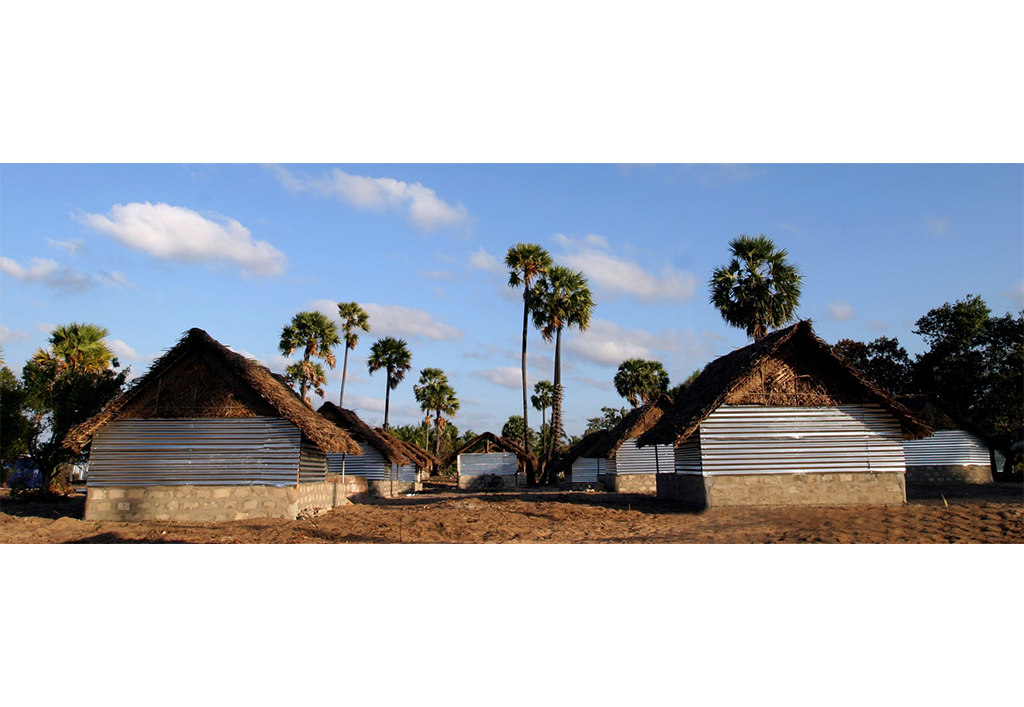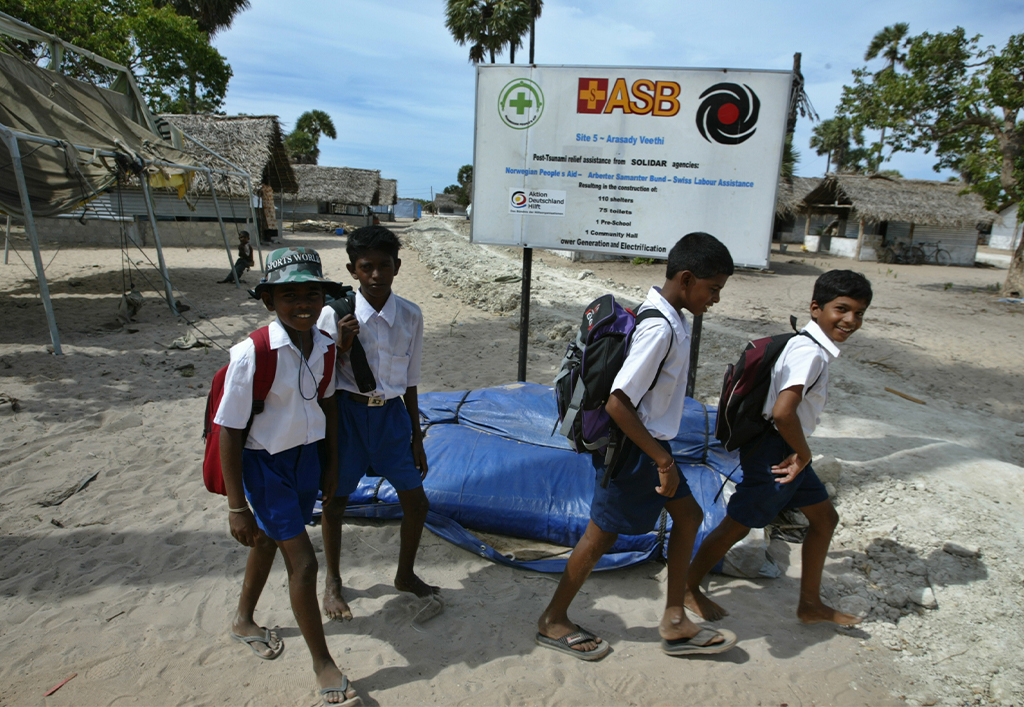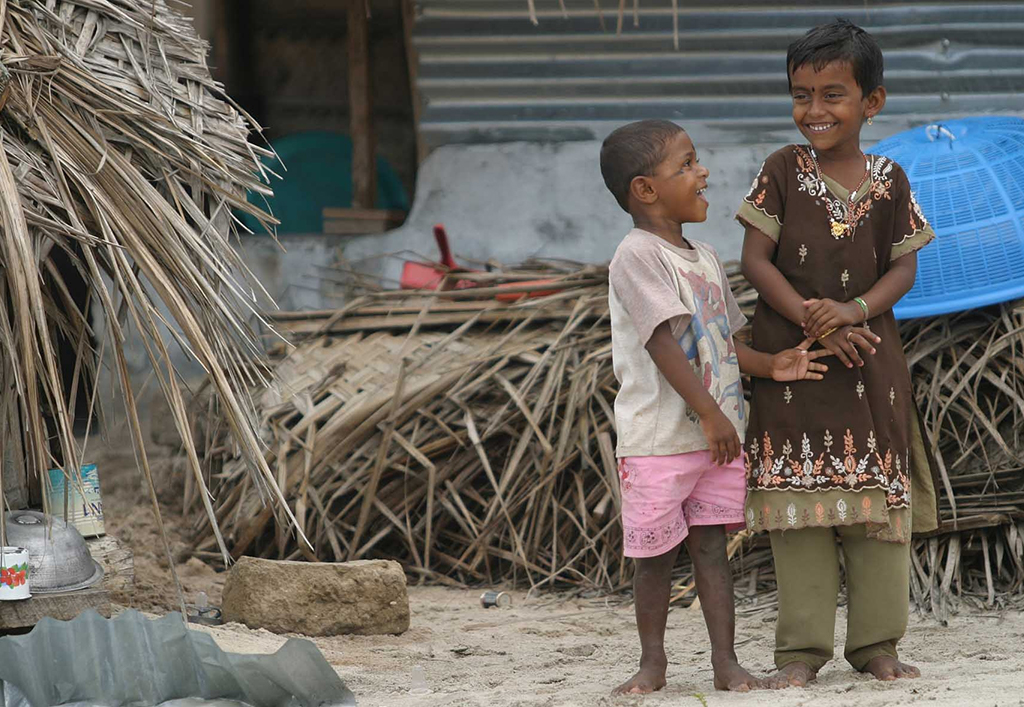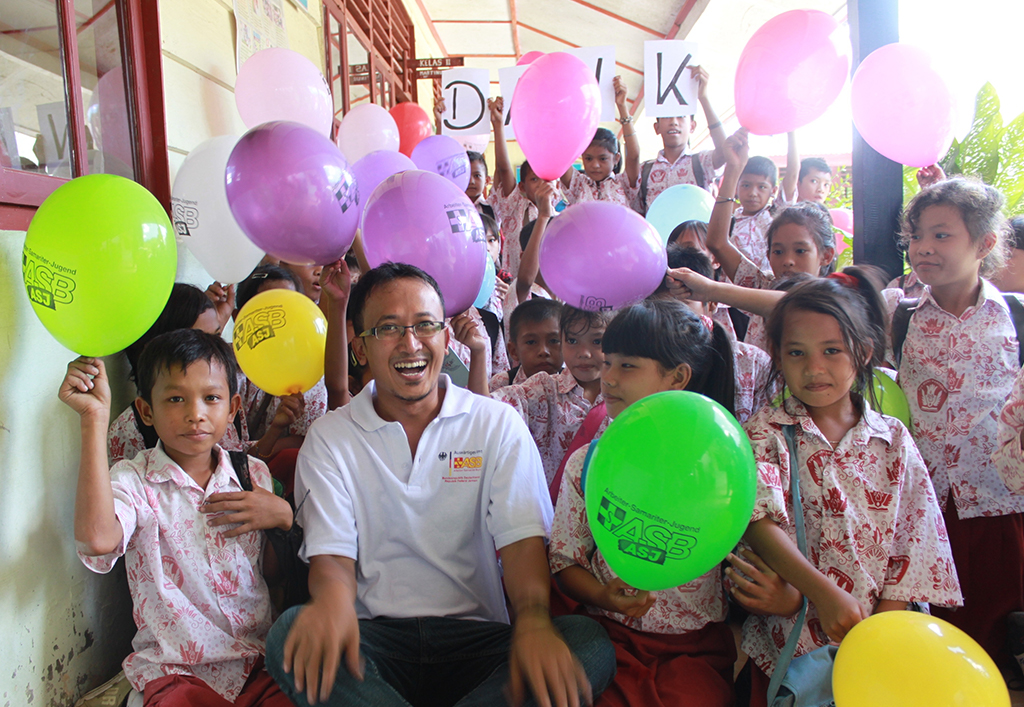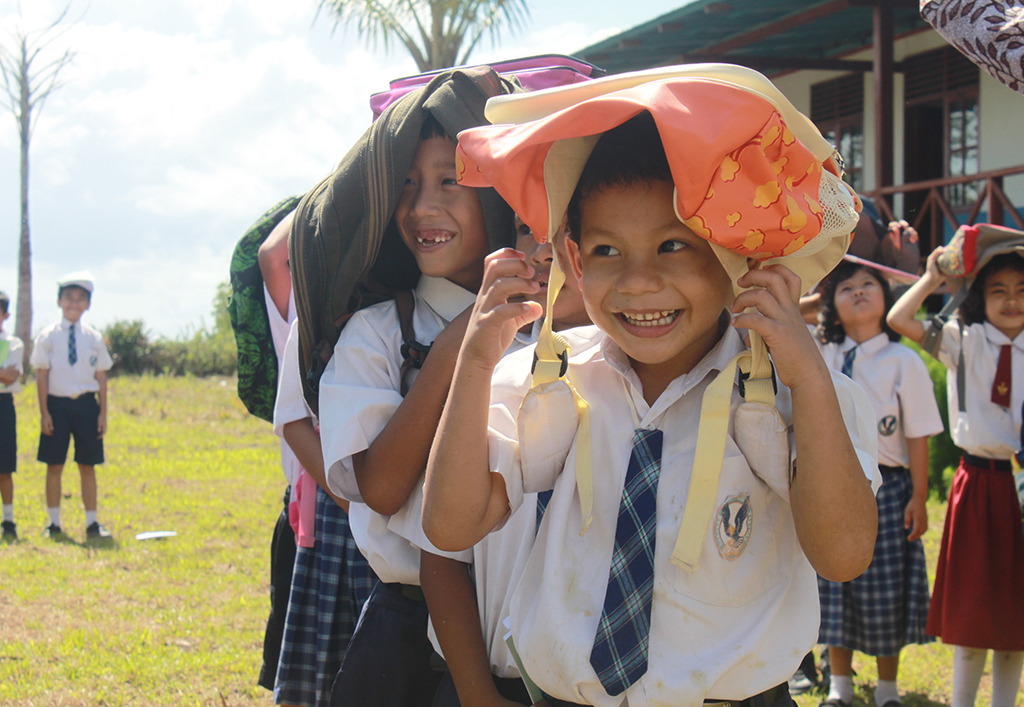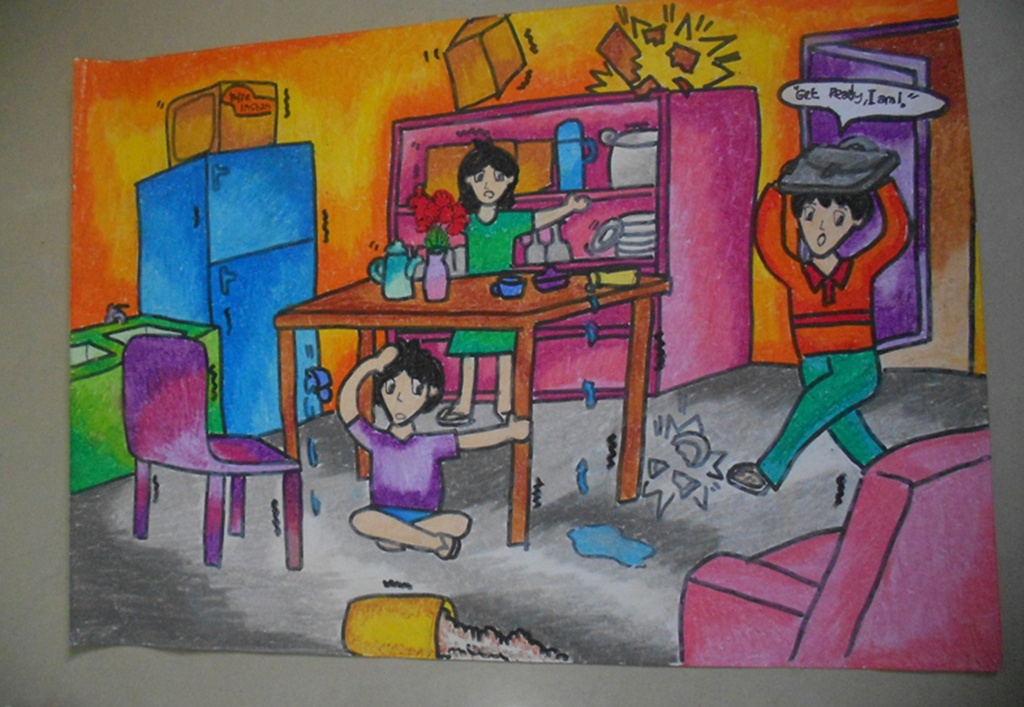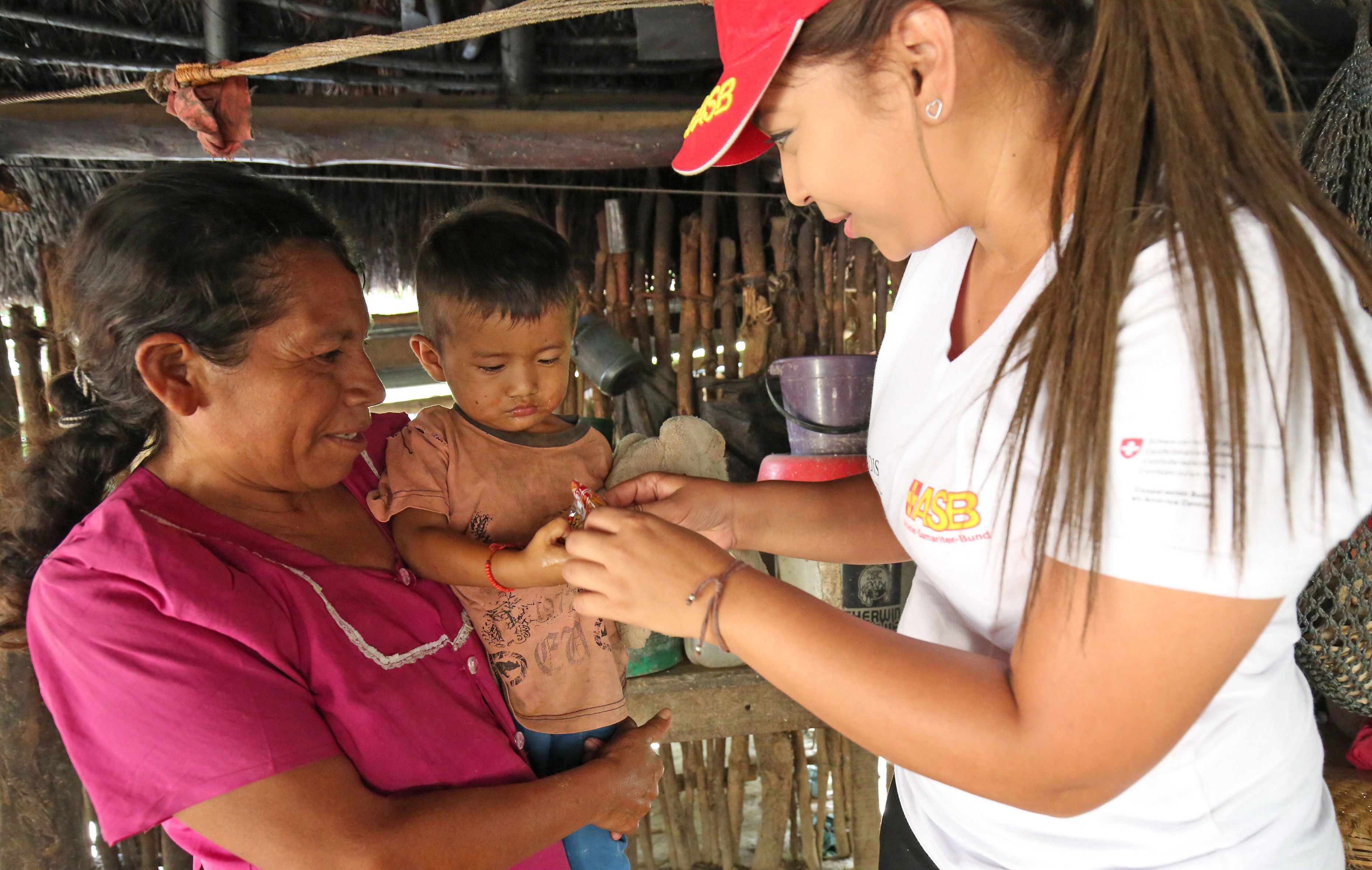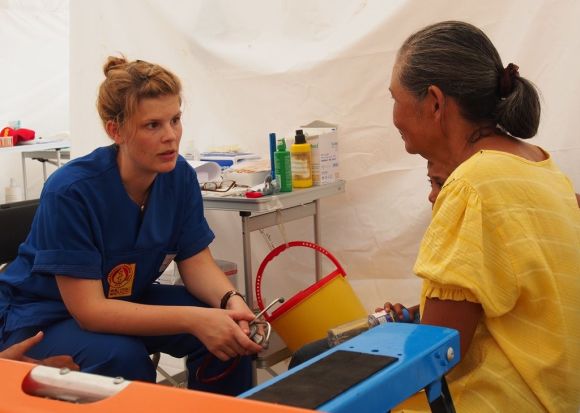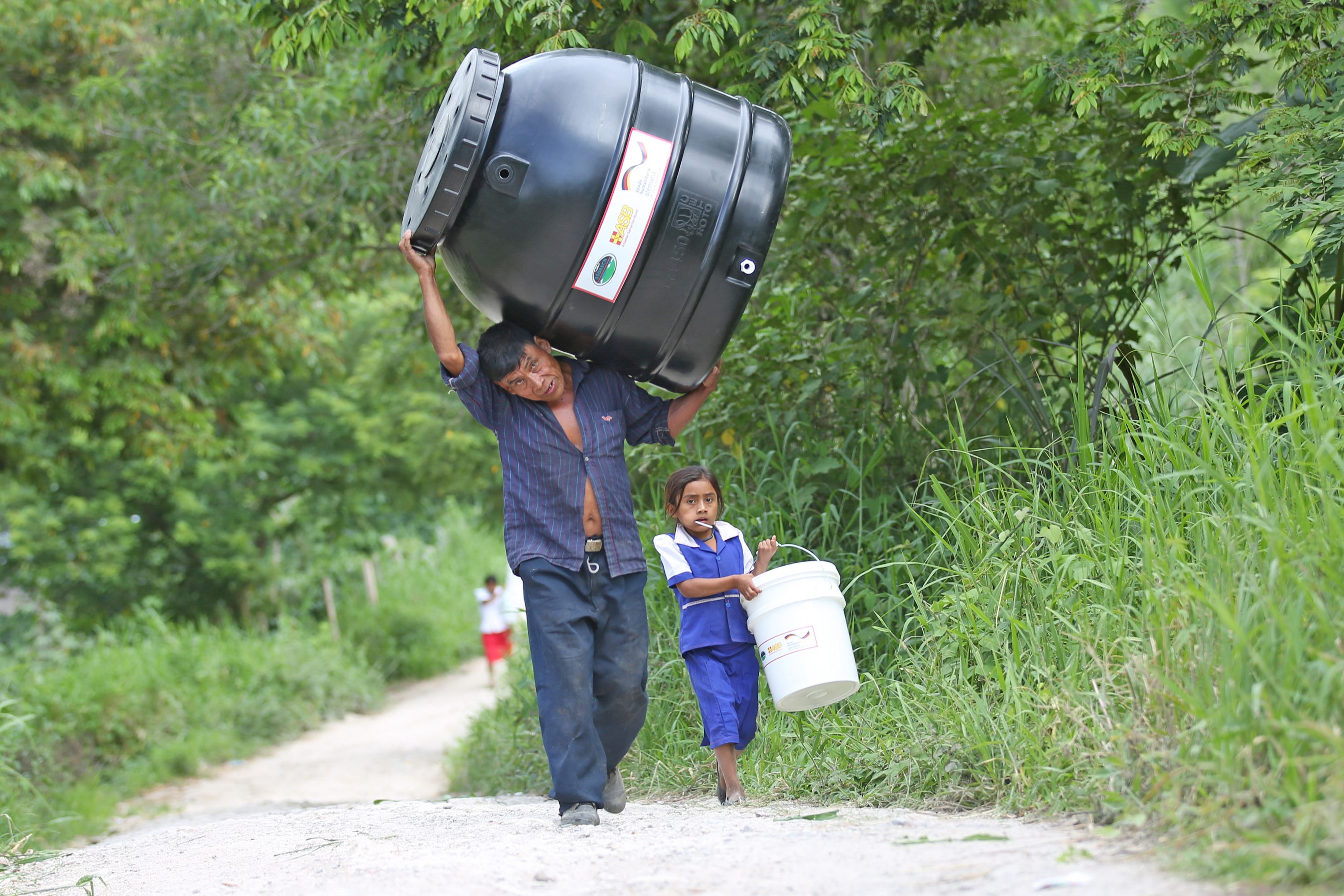
2004: ASB provides emergency aid after devastating tsunami in Southeast Asia
On 26 December 2004, a massive undersea earthquake shook the Indian Ocean and triggered a huge tsunami with tidal waves up to 40 meters high. Large parts of the coastal areas of Sri Lanka, Thailand, Indonesia and India were destroyed.
The then head of the ASB office in the north of Sri Lanka, 28-year-old James Martin, wanted to go on vacation that day. But in the morning around 8:30am, a staff member came running into the ASB office and yelled: “Something terrible has happened, there’s water everywhere, we have to help!” Shortly after, the vacation flight was cancelled and James Martin was on his way to the coast with a truck full of quickly loaded relief supplies. And what he saw there exceeded even his worst expectations: A stretch of coast about three kilometres wide was completely destroyed. A large number of people were wandering around looking for their loved ones. There were debris, corpses and injured people everywhere, as well as children looking for their parents. The ASB was immediately on site, provided emergency aid, supplied people with food and helped in the reconstruction efforts.
According to official figures, more than 230,000 people died as a result of the tsunami. 1.7 million people lost their homes, all their possessions and their livelihoods. From 2002 to 2014, the ASB was active in Sri Lanka at four different locations, at times with up to 25 international and about 600 local staff. The focus of its aid projects included humanitarian aid, reconstruction of local infrastructure, peacebuilding, cash-for-work programmes, and support for people with disabilities. A total of around 30 million euros was donated to help people in need. Donors included the European Union, the Federal Foreign Office, United Nations organisations and many private individuals. In 2014, the ASB completed its work in Sri Lanka.
The ASB drew two important lessons from its experiences in the wake of the tsunami: On the one hand, it has continuously expanded cooperation with other aid organisations within Germany’s Relief Coalition ‘Aktion Deutschland Hilft’. This helps to ensure that resources are pooled efficiently and that the unnecessary duplication of measures is avoided. And it helps to make sure that as many people as possible receive help as quickly as possible. On the other hand, the ASB has set up a rapid response team for aid missions abroad, the First Assistance Samaritan Team (FAST). FAST is made up of volunteers from ASB branches and full-time staff from the ASB National Federation. Together, they provide services such as emergency medical aid or drinking water treatment.
Disaster risk reduction has also become much more important to the ASB’s foreign aid as well as to national and international donors. In Southeast Asia in particular, the ASB helps people better prepare for disasters such as floods, earthquakes and storms so that they can protect themselves in case of an emergency.

